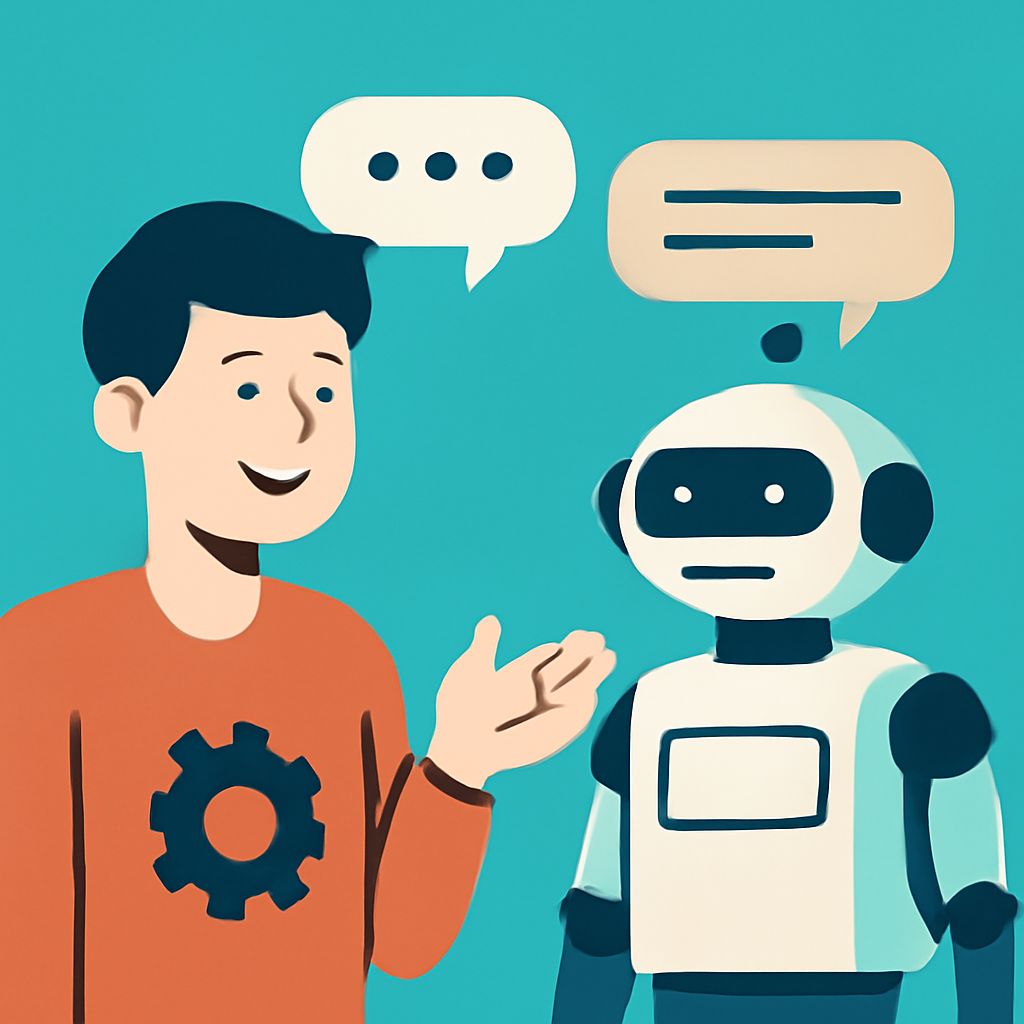Table of Contents
Introduction
In today's digital age, mastering the art of conversation has taken on a new dimension with the rise of chatbot automation. These intelligent programs have transformed the way businesses interact with customers, leading to enhanced user experiences and streamlined operations. As virtual agents, chatbots are driving efficiency and satisfaction by engaging users with timely, accurate responses.
Understanding Chatbot Automation
Chatbot automation involves the use of pre-programmed software to simulate human-like conversation. Built on artificial intelligence and natural language processing, chatbots are designed to understand and respond to user inputs.
- Provide 24/7 customer support
- Handle repetitive queries efficiently
- Gather data to improve personalization
Benefits of Chatbot Automation
The benefits of leveraging chatbot automation are vast. From small businesses to large enterprises, integrating chatbots can lead to numerous advantages.
- Increased operational efficiency
- Reduced response times and increased customer satisfaction
- Cost reduction by decreasing the need for extensive human support
- Enhanced ability to gather valuable customer insights and analytics
Implementing Chatbots Successfully
Successful chatbot implementation requires a strategic approach. Businesses must consider their goals, customer base, and technical capabilities. It's crucial to identify the right platform and technology to align with business objectives.
| Factor | Consideration |
|---|---|
| Goals | Define clear objectives for the chatbot (e.g., sales, support) |
| Technology | Choose suitable AI and NLP tools |
| User Interaction | Design user-friendly interfaces |
| Testing | Conduct thorough testing to ensure functionality |
Challenges in Chatbot Automation
Despite the advantages, chatbots come with challenges. They require regular updates and maintenance to handle evolving customer inquiries effectively.
- Handling complex interactions and scenarios
- Ensuring data privacy and protection
- Avoiding conversational breakdowns and misunderstandings
Industry Applications
Chatbots are utilized across various industries, each benefiting from unique automation capabilities.
- Retail: Assisting customers in making purchase decisions.
- Healthcare: Providing health information and reminders.
- Finance: Managing account inquiries and transactions.
- Travel: Booking assistance and itinerary updates.
FAQ
How do chatbots understand customer queries?
Chatbots use natural language processing (NLP) to interpret and respond to queries in human language.
Can chatbots integrate with existing CRM systems?
Yes, chatbots can be integrated into CRM platforms to enhance customer relationship management.
Are chatbots secure to use?
When properly configured, chatbots follow strict security protocols to protect user data.
What skills are needed to develop a chatbot?
Skills in AI, NLP, and programming languages like Python are crucial for developing advanced chatbots.
How can businesses assess chatbot performance?
Businesses can track metrics such as user satisfaction, conversation completion rates, and response times.
Conclusion
Mastering the art of conversation through chatbot automation is an evolving frontier in digital interaction. By leveraging AI, businesses can enhance customer engagement, streamline processes, and unlock new opportunities for growth. As chatbots become more sophisticated, the possibilities for creating seamless, personalized experiences will continue to expand, offering significant returns on investment for forward-thinking companies.

